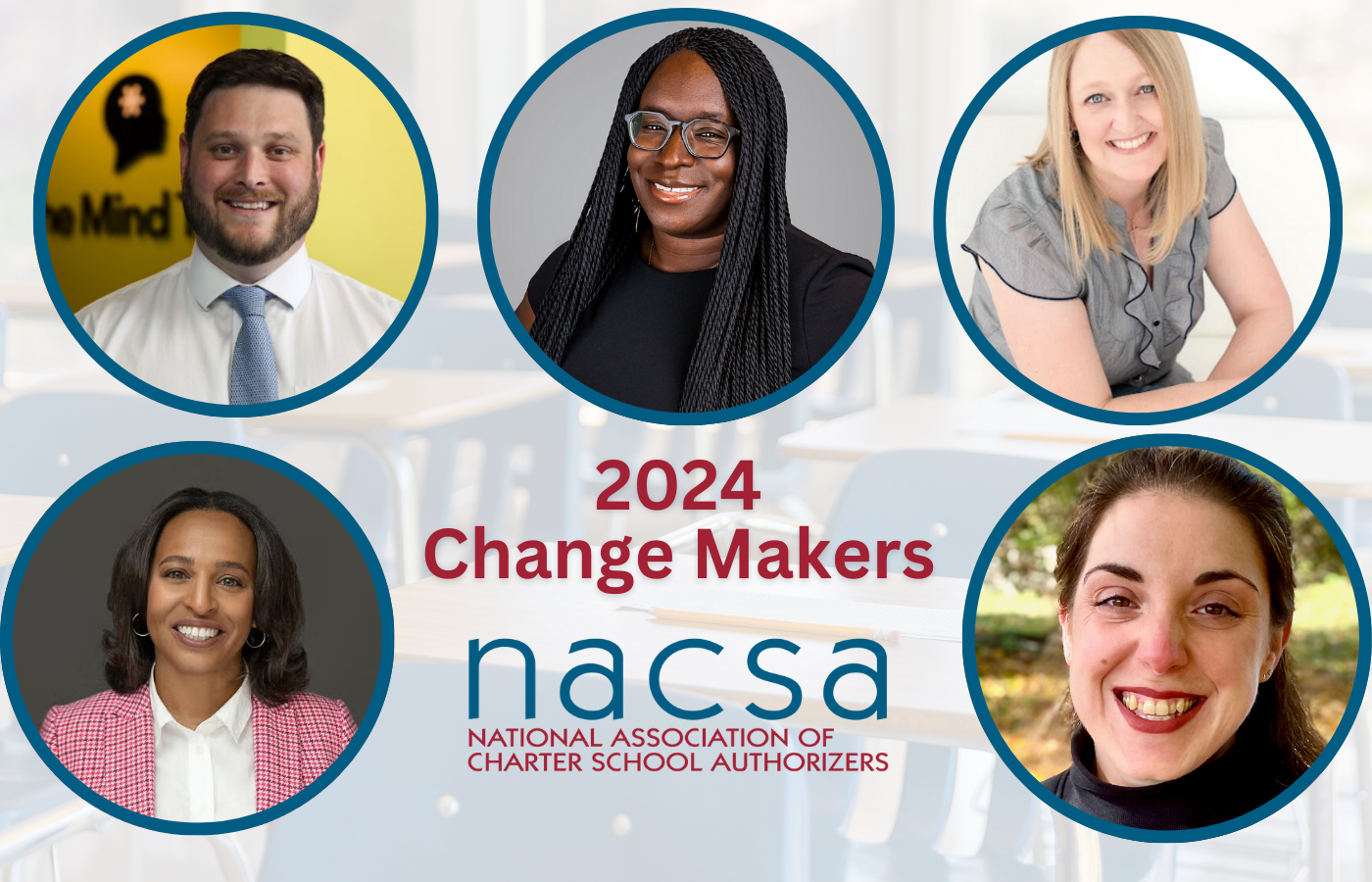As application season kicks into full swing, don’t discount the importance of due diligence. Having managed NACSA’s own due diligence work since 2014, I can assure you that a simple fact check can reveal extremely interesting—if not borderline absurd—tidbits about applicants.
So before you dismiss due diligence as something you simply don’t have time for, here are a few things I have uncovered over the years:
- One operator thought it was appropriate to hold charter school board meetings at the local Hooters restaurant.
- Another operator planned for the same local school leader to serve as principal for charter schools in two different states…that were over 1,500 miles apart.
- One operator managed charter schools in two states, but went by a different name in each state.
I’m not alone. Jenna Hodgens, General Director of Charter Schools for Hillsborough County Public Schools once uncovered that a proposed charter school board chair had no clue she was named in a charter application until Jenna picked up the phone and called.
While we can chuckle at some of the absurdity of these examples, each makes you question the ability of the operator to open a quality school. Something no one should take lightly.
 Due Diligence: A Quick Primer
Due Diligence: A Quick Primer
The Merriam Webster dictionary defines due diligence as “the care that a reasonable person exercises to avoid harm to other persons or their property” or the “research and analysis of a company or organization done in preparation for a business transaction.”
Here at NACSA, we define due diligence as the research, investigation, and analysis of an existing charter school operator’s track record to help authorizers make confident and informed application decisions.
The Best Predictor of Future Success is Past Achievement
This adage applies especially to experienced charter school operators. If an operator has a track record, why wouldn’t you examine it? If a CMO has schools across the country, wouldn’t you want to know about the academic performance of these schools? If any of these schools have closed? If a proposed school board is planning to contract with a management company that manages others schools across the country, wouldn’t you want to know about the financial health of those schools? Whether any of the schools have closed or switched management companies?
Examining the track record of existing operators supports confident, defensible, and data-driven decisions about whether to approve or deny a charter school application.
Tools and Tricks for Effective Due Diligence
- Start With Free Tools. Google is a good starting place, but you can simplify your research with NACSA’s Charter Operator Tracker (beta version). This free research tool creates one objective, reliable place for authorizers to quickly gather and assess publicly available data about charter school operators and the schools they manage or have previously managed. It contains information on charter management organizations, education management organizations, and charter school networks. Currently, the beta version tracks Florida charter school operators and the schools they manage across the country.
- Fact Check and Make Research Easier. With authorizers across the country receiving more information through the charter application than ever (looking at you, Florida), the Tracker can help you fact check information about each operator. The Tracker will tell you what other schools the operator manages or has previously managed across the country, whether any of their schools have closed since 2012, and links you to each school’s Great Schools’ profile.
- Phone a Friend. The Tracker also identifies the authorizer for each school managed by the operator and provides a link to its website. One of the best ways to learn about an operator is to pick up the phone and ask a fellow authorizer about his or her experience working with the operator. Questions as simple as how are their schools doing, why was a certain school closed, or how would you describe your working relationship with a school can provide valuable insight.
All this information will help you prepare for your capacity interview and develop a recommendation to either approve or deny a charter application that is defensible and evidence-based. If an operator has a track record, only the best deserve to serve your students.
Contact my colleague Erin Reddy at [email protected] for a Tracker username and password.
NACSA also provides customized due diligence reports on experienced operators and the schools they manage or have previously managed. These reports examine the operator’s academic, financial, and organizational track record and performance. Contact me for additional information.


